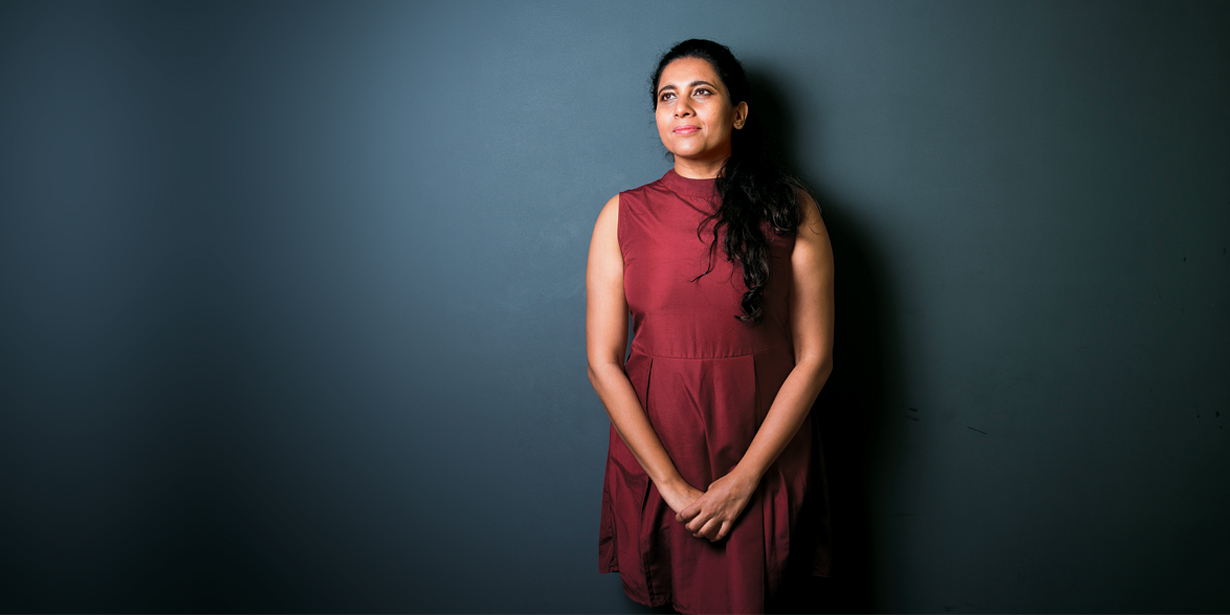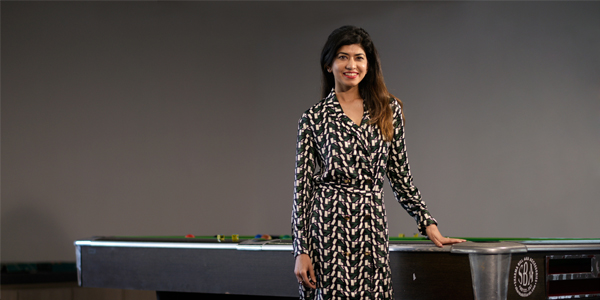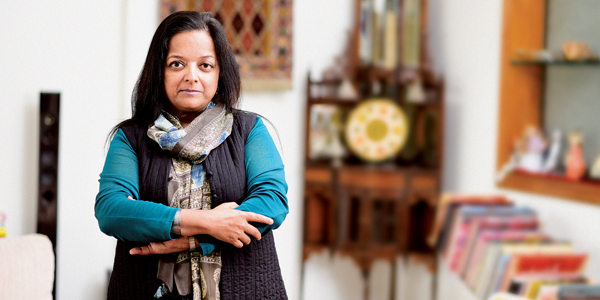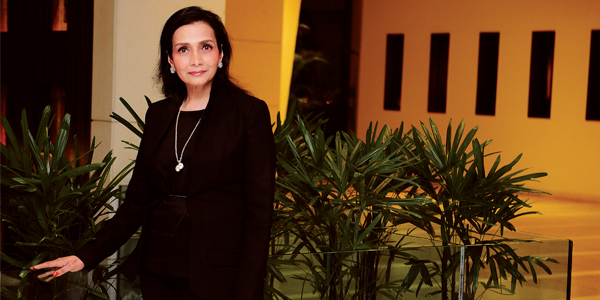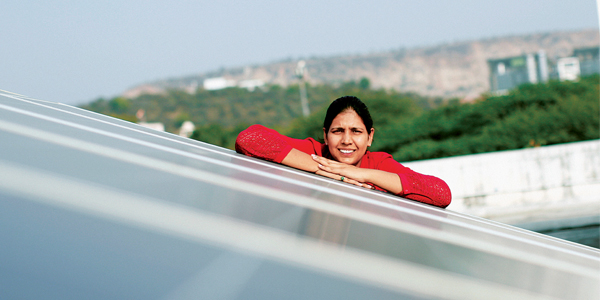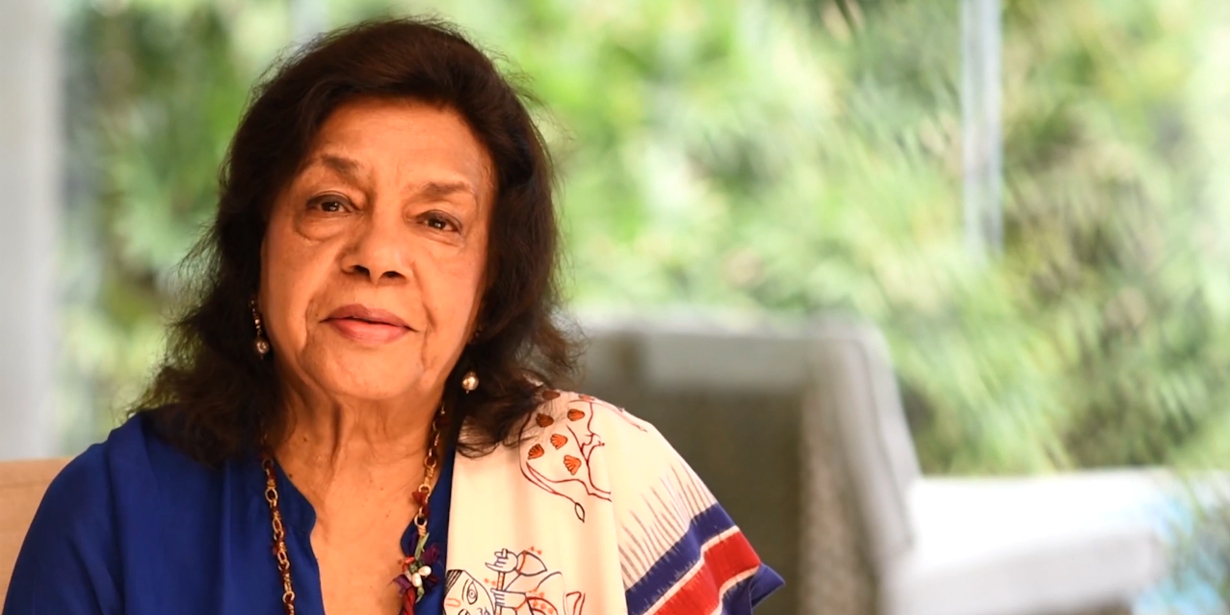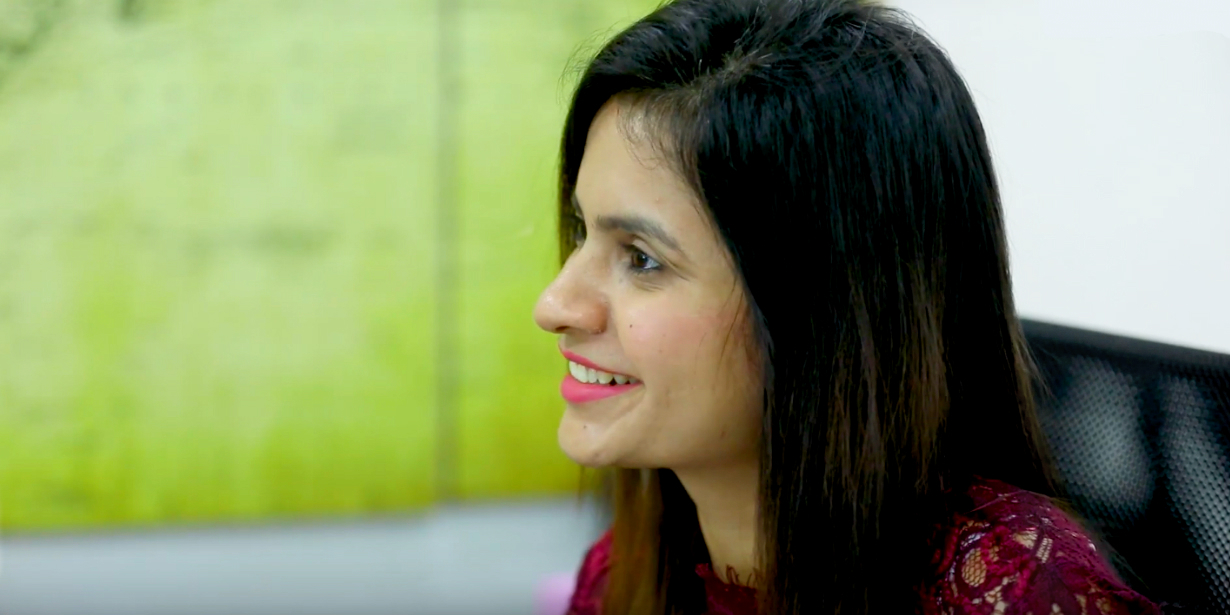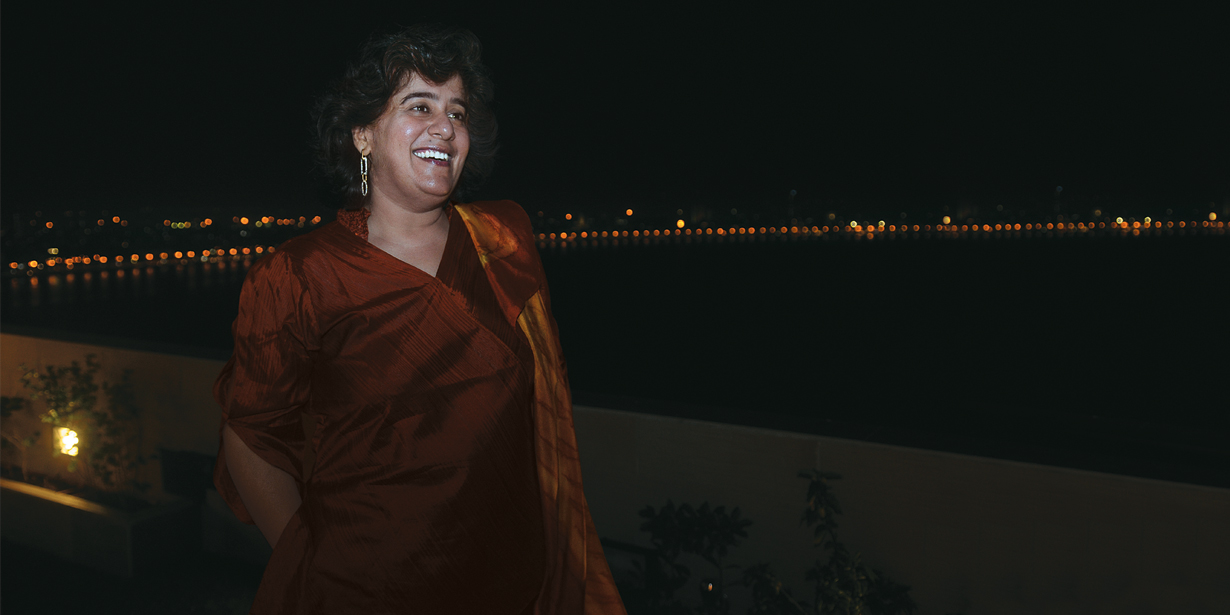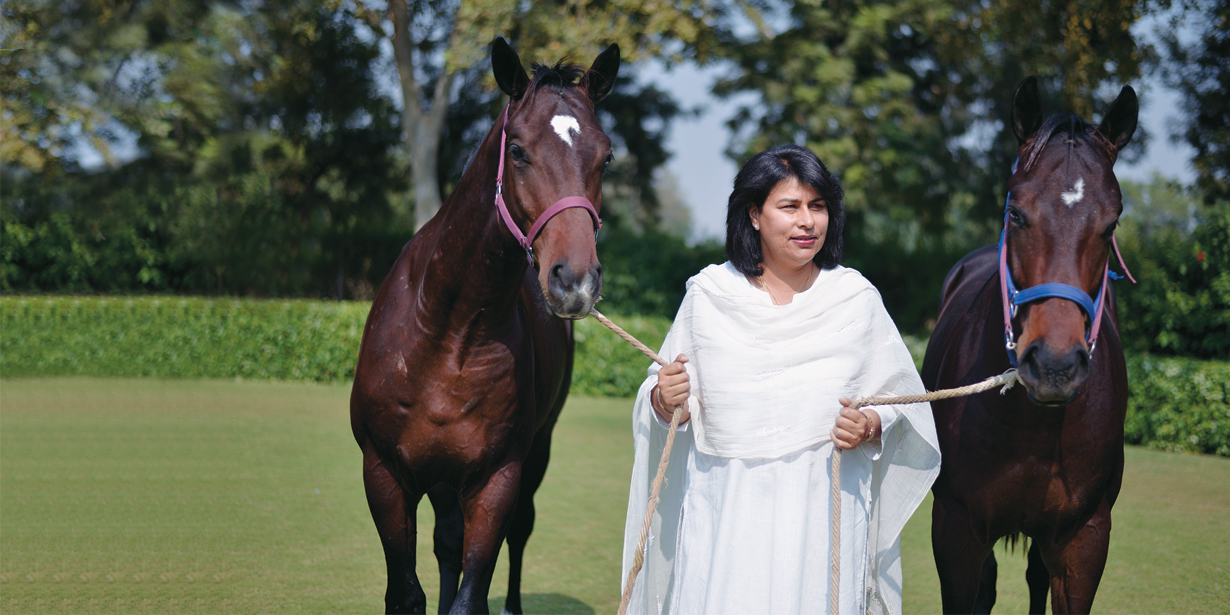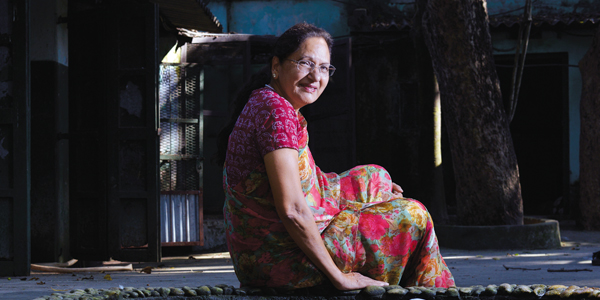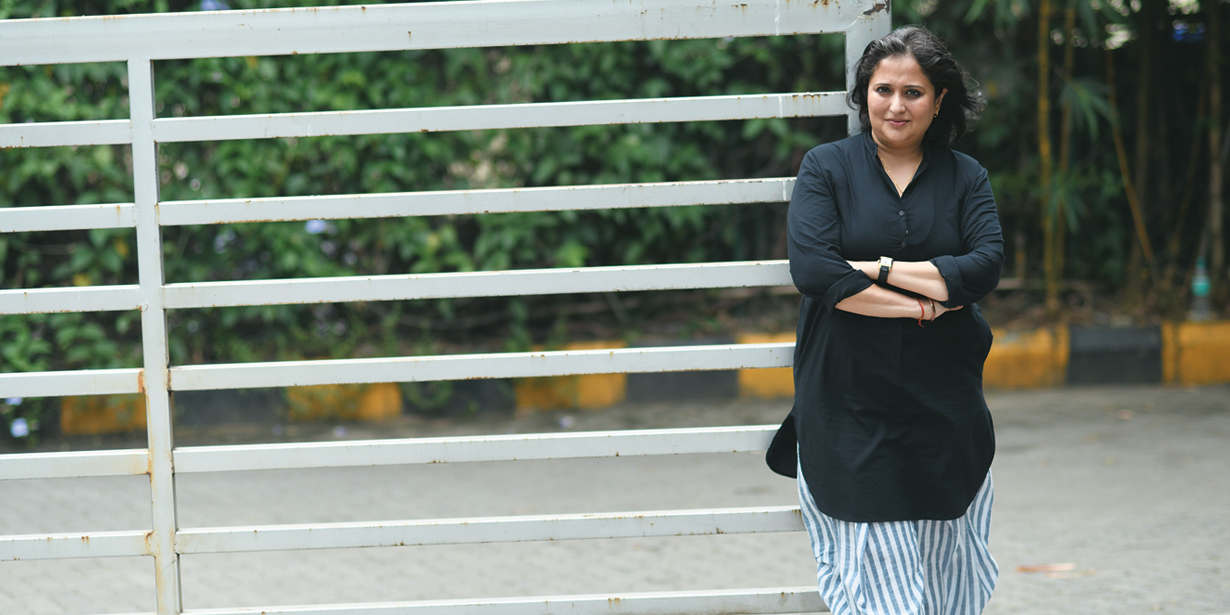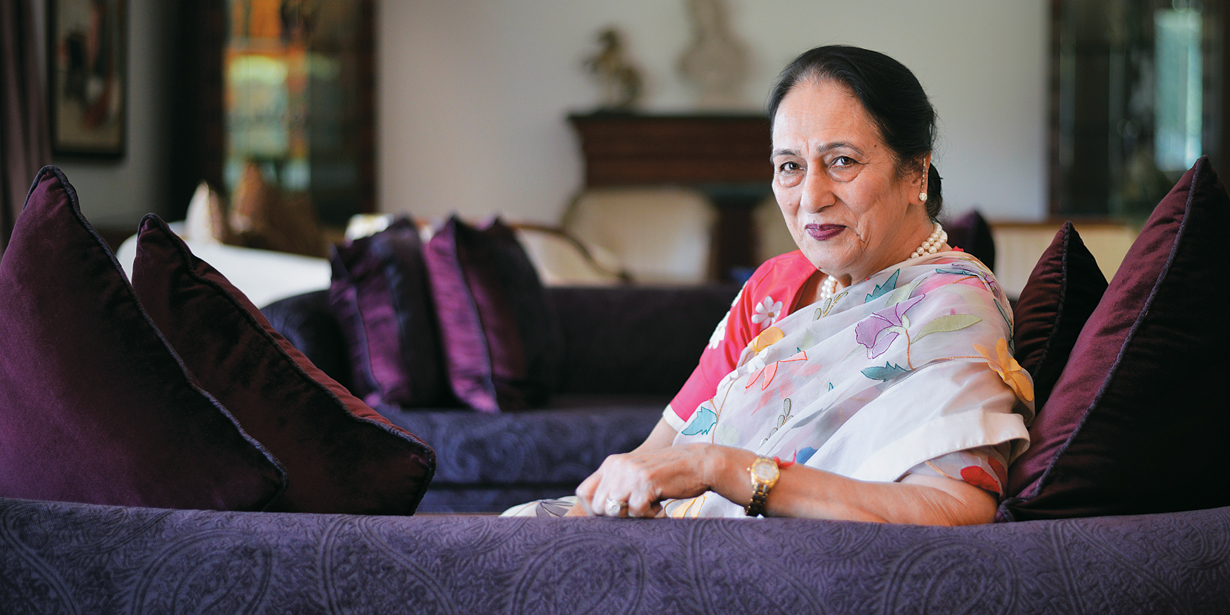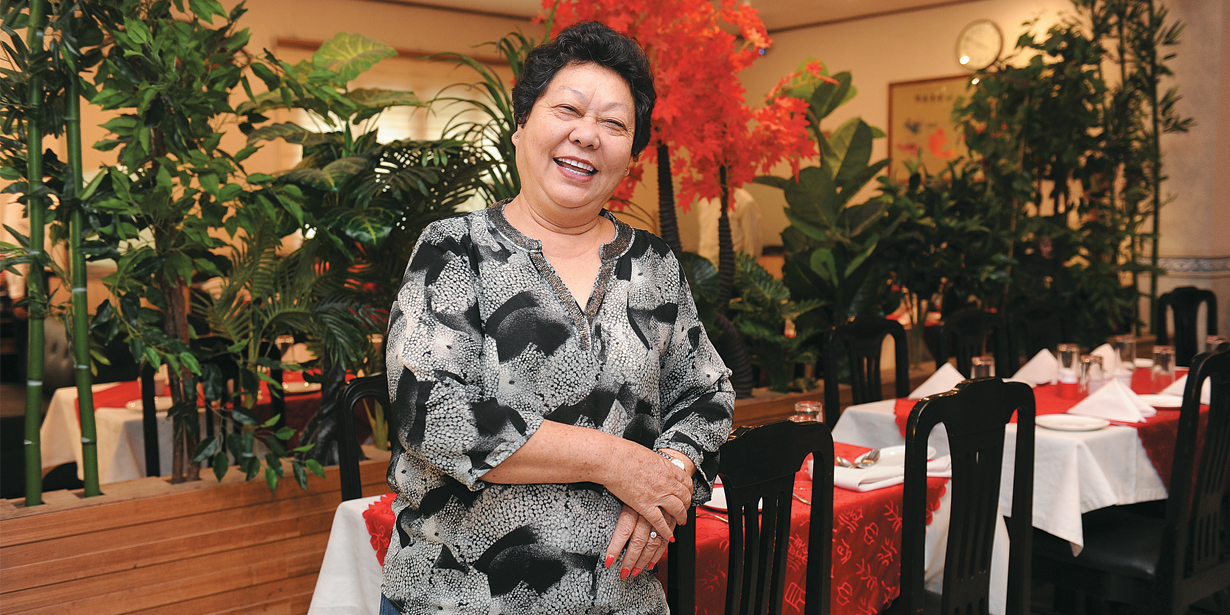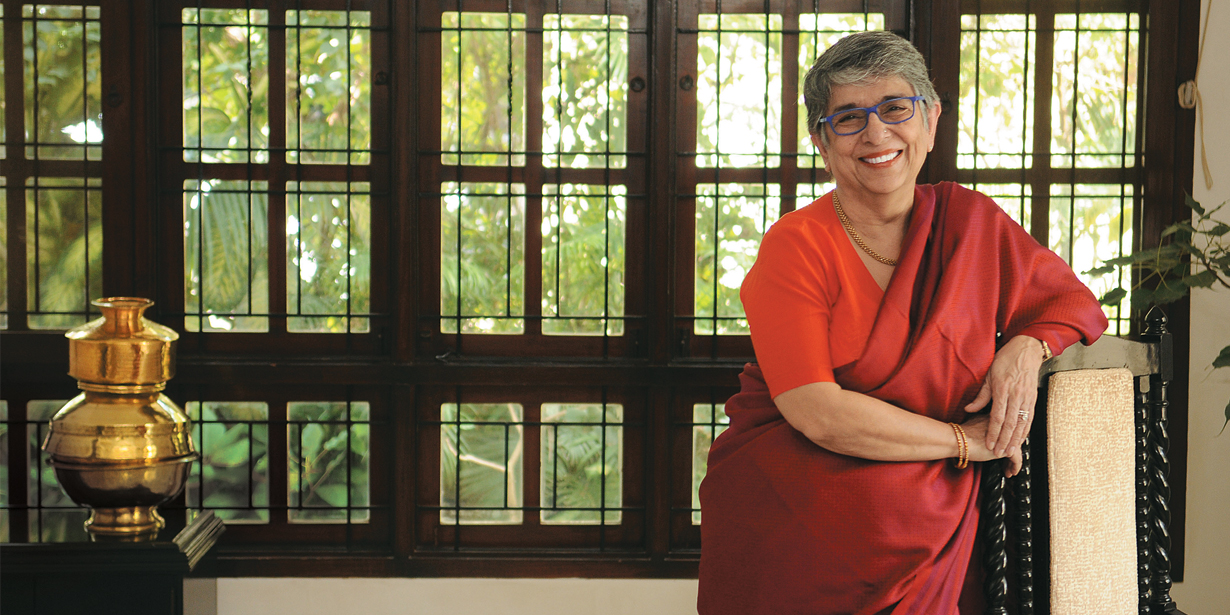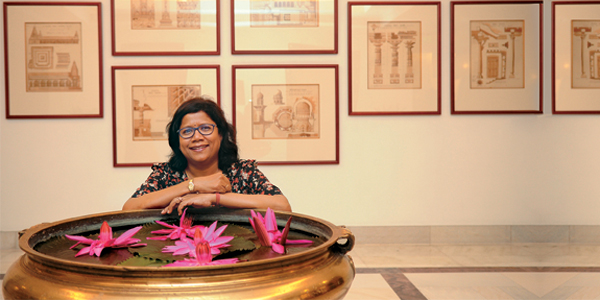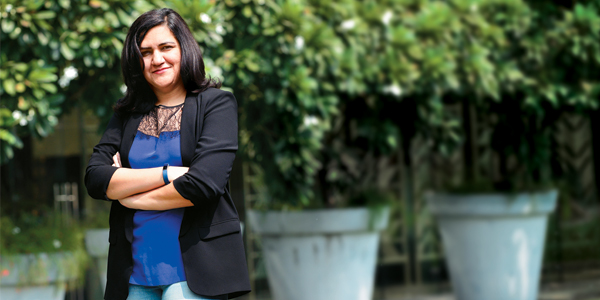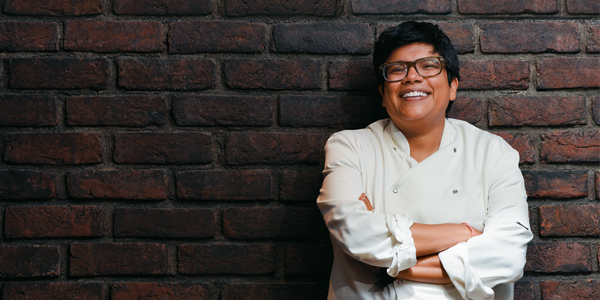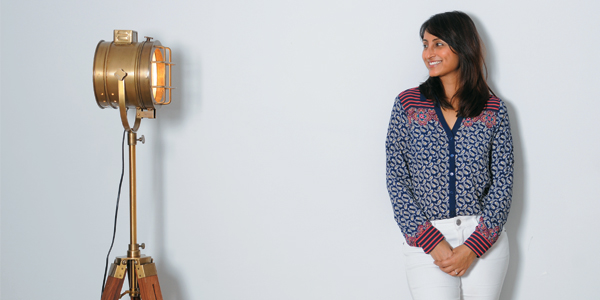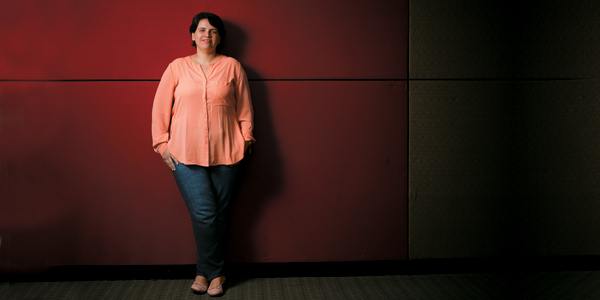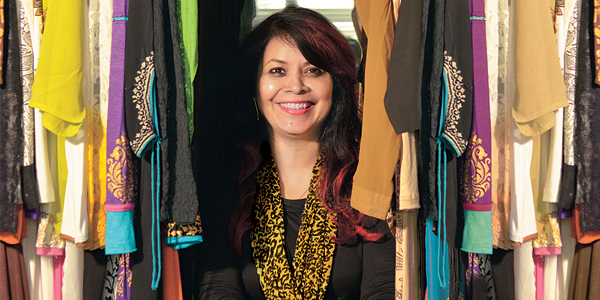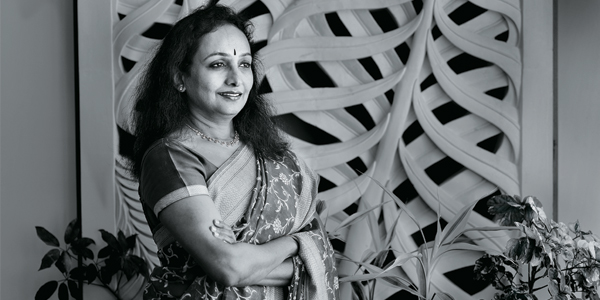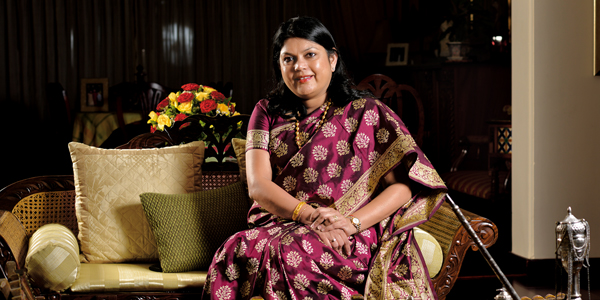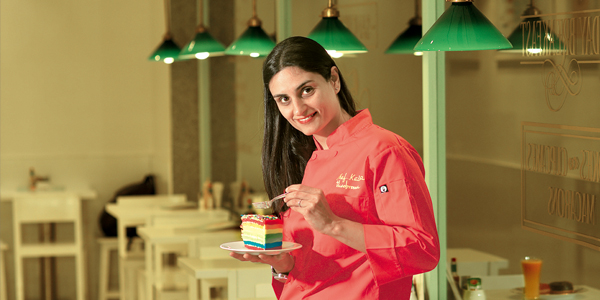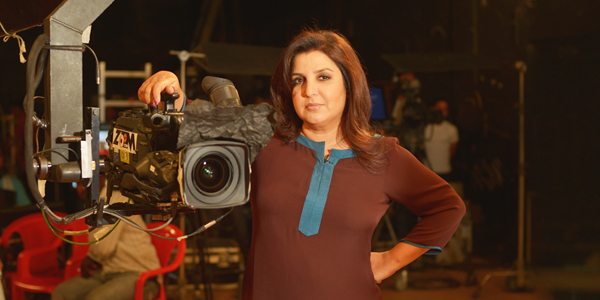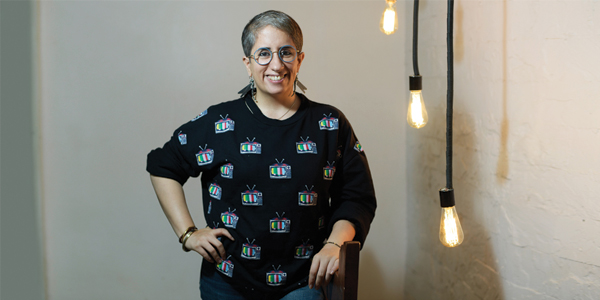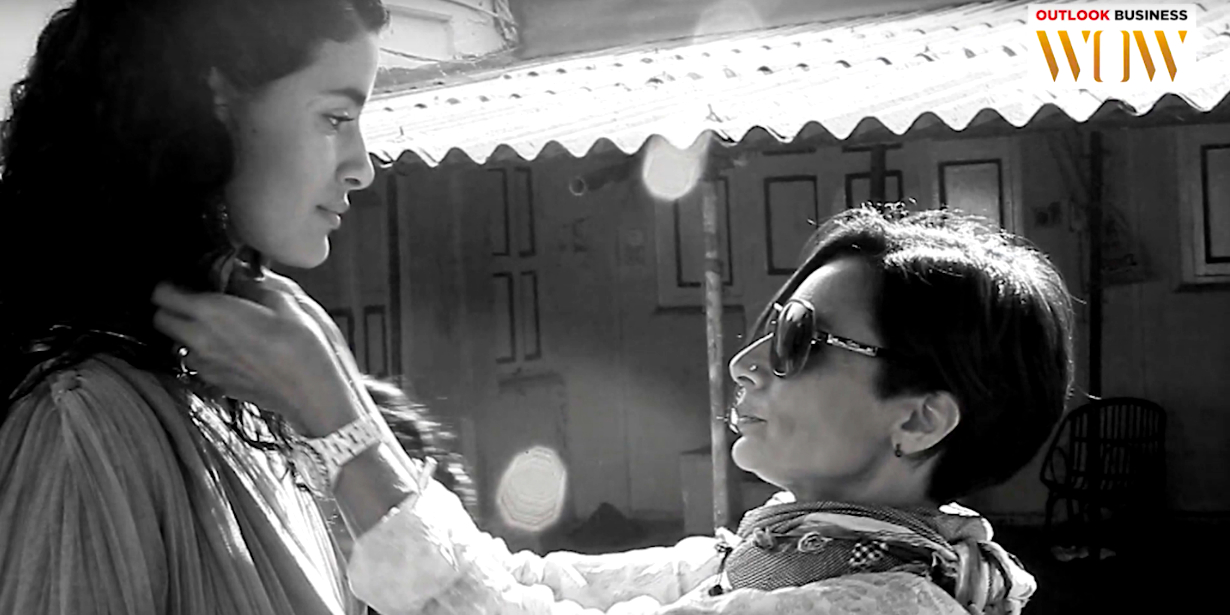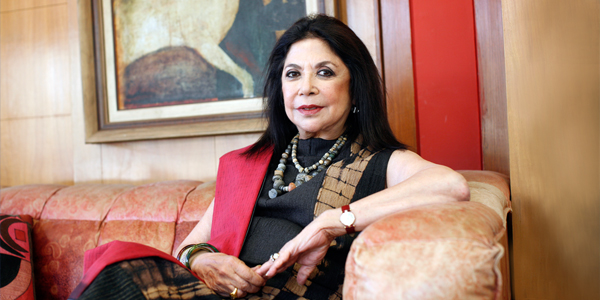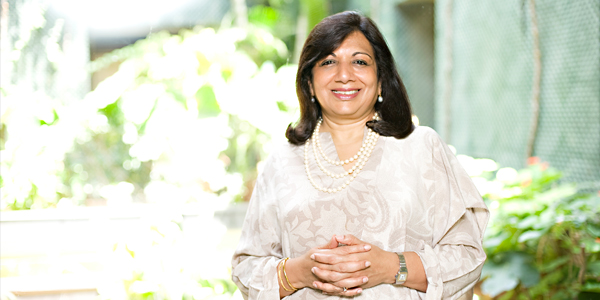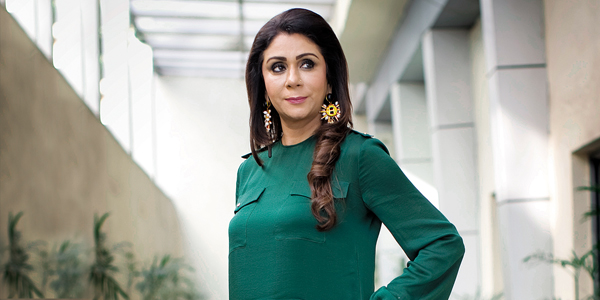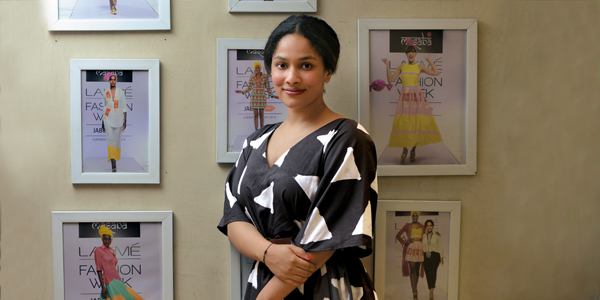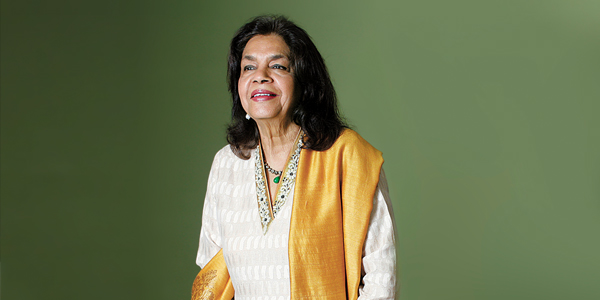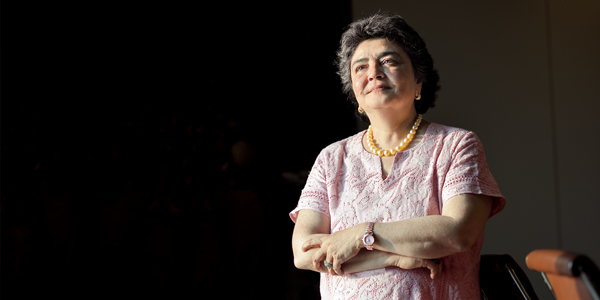One-year-old in tow, she travelled from London to India every month to chase her dream of creating Limeroad: Meet Suchi Mukherjee
While flipping through a magazine, Suchi Mukherjee fell in love with a great piece of jewelry featured in it but realised that as it had been sourced from a small-time artisan in Mumbai, there was no way she could instantly reach out to the seller and get her hands on it. A reliable consumer technology, which made discovery and purchase of such products available, was the need of the hour.
Mukherjee can’t emphasise enough on the opportunity India’s textile heritage had in store for itself. “Here’s an industry which is our strength. All I wanted to do was to use technology so that manufacturers, designers and sellers could flourish and users could source beautiful products, which they were currently not able to.”
Interestingly, Suchi Mukherjee got the idea to launch Limeroad during her second maternity break, when she lived in London. So, she returned to India in 2011, with a vision of creating a global brand in the country. “With a passion for driving change and innovation, which is also the core element of Limeroad’s culture, I got together with my co-founders to build something transformational,” she recalls. Limeroad’s founder-cohort also includes Prashant Malik and Ankush Mehra.
But the journey towards building something transformational was a bumpy ride. Mukherjee’s decision to come back to India did shake up her otherwise stable family life in London. Her son was less than a year old, and she ended up travelling to India every month for 15 days, while her husband and daughter stayed back in London.
Mukherjee feels that being a social fashion network helps them stand out in the crowded fashion e-commerce space. Today, Limeroad boasts of a 50,000-strong women community. Many of them create their own mix-and-match designs based on products in the platform’s inventory. Limeroad’s very first round of funding was $5 million in a Series A from Matrix Partners and Lightspeed Venture Partners in 2012, and then another $45 million in the next two rounds followed, in 2014 and 2015 respectively.
However, the typical struggles while doing business in India awaited her further on. “Complexities with basic infrastructure, including things such as reliable internet, complex bank processes, Registrar of Company filings were a struggle,” she recounts. Mukherjee feels that what makes or breaks a business are its people. “I always lay emphasis on finding the right talent. Experience, for me, is secondary.”
